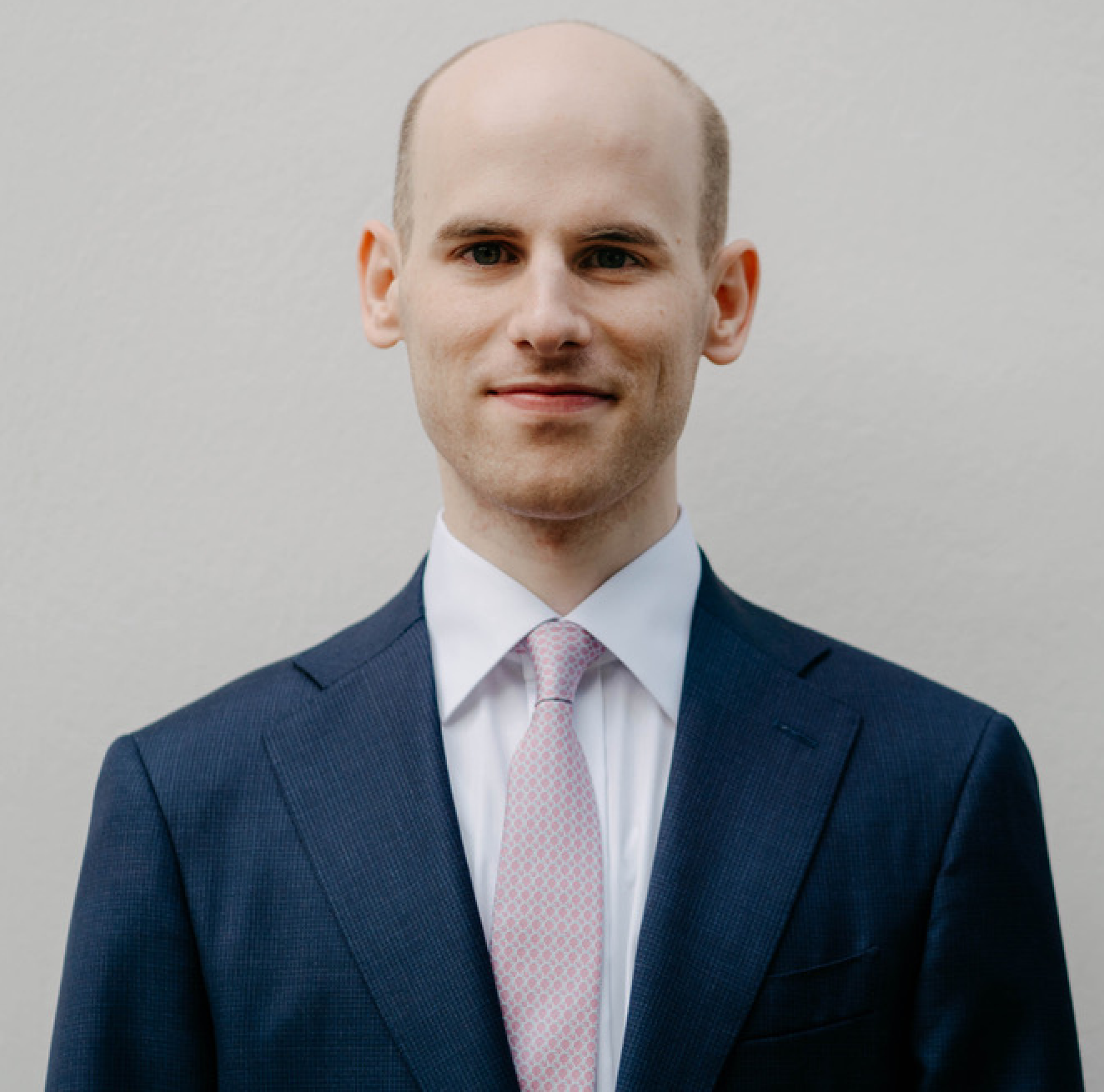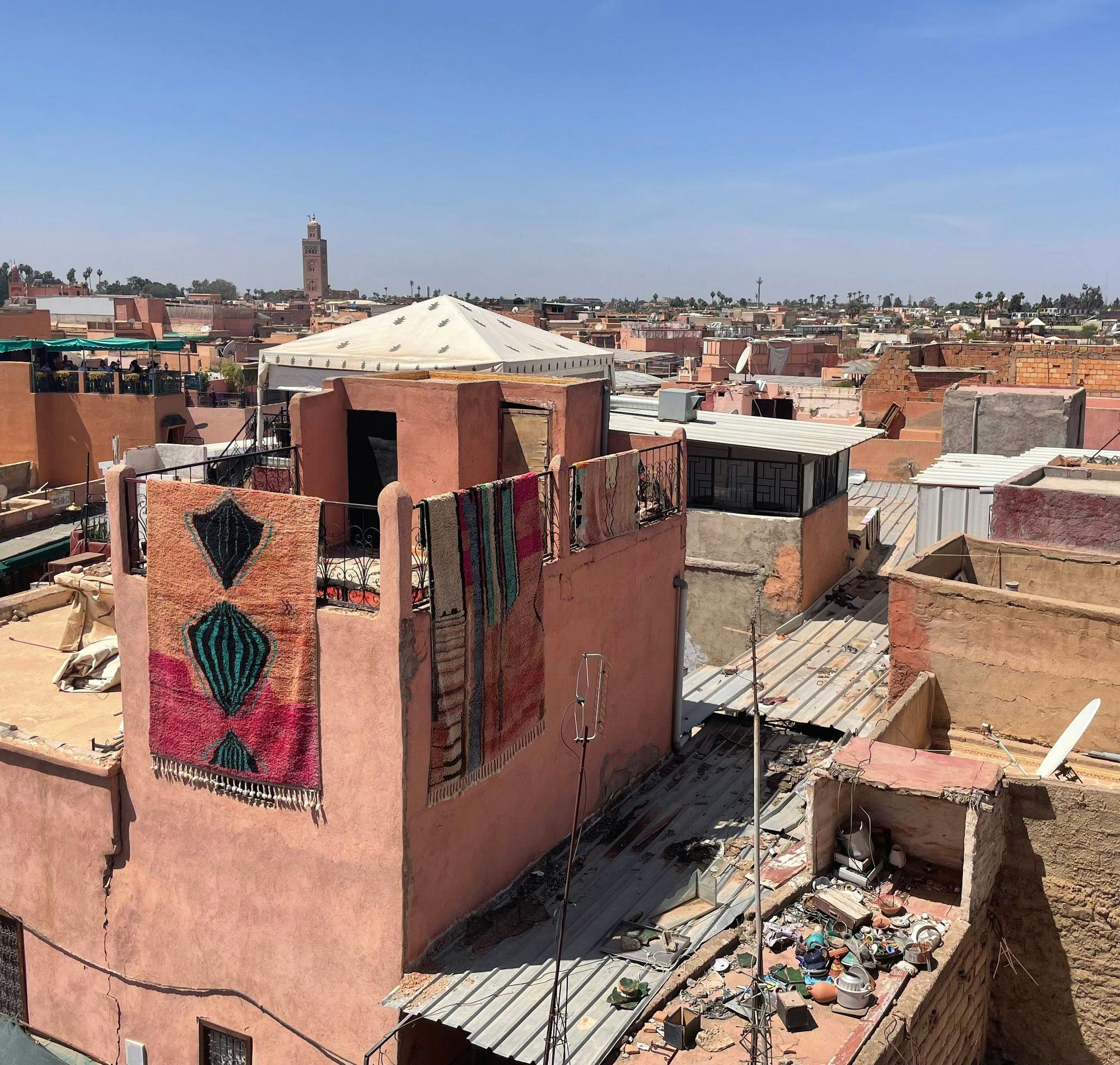I just arrived back home (currently in Barcelona) from our trip to Marrakech, and I gained a few new insights, yet even secrets, from successful merchants in the souk. I believe these insights can be valuable for Indie Hackers to become better at launching and marketing their SaaS projects, which is why I share them here.
It was my first time in North Africa, so I was eager to learn about the ways of thinking and living in this (to me) new culture. The city centre of Marrakech is the Old Town (also known as Medina), which consists of very narrow, intertwined streets—most ending nowhere.

Once you are swamped by these bustling roads, filled with merchants hollering at you, tourists looking for gifts to bring home, and honking motorcycles barely driving in between the mass of people, while cats lie around peacefully or—oftentimes—rather hungry, it is almost impossible to get out of these vibrant streets.

There, I have found three perspectives that may be valuable for Indie Hackers:
1. Differentiation.
I was often left wondering why everyone sells the same products. Aren't there enough textiles, lamps, or souvenir shops in Medina already? They all look so similar to me, and I was always left wondering what makes one better than the other, as they all probably got their products from the same place.
Imagine: You have thousands of merchants selling lamps to the same tourists. Why should I go to this specific merchant and buy their lamp?
This resembles the Indie Hacker Community, where many builders copy existing products, sell boilerplates or courses. Where is the creativity? Why not make a different product? Why don’t Indie Hackers sell something that the customer wants or is at least unique?
Hence, while wandering through the souk, I was always left wondering: How can I ensure that my products are on a sustainable basis different?
2. Speak the correct language.
Many merchants sit, waiting and trying to sell you something. But the merchants that truly stand out are those who look at you from afar, guess your nationality or origin correctly, and try to approach you in your native language. They say “hi” in your language or something similar to that.
To my surprise, speaking the correct language will get your customers' attention. It will create a reaction, and they will listen (even if it is very short) to you.
Hence, if you want to get the attention of your prospects, you need to learn their language, know where they hang out, how they speak and what they think to at least grab their attention.
3. Trust.
Don’t get me wrong—Moroccans are friendly people, yet often, underneath the veil of friendliness (especially in the heart of Medina), I felt second thoughts—mostly tied to money.
This sometimes made it challenging to build trust, as I never knew the proper intentions of the person I interacted with. For example, the receptionist at our hotel recommended a mediocre, overpriced restaurant to us, and they paid him a commission for bringing us in (as we later found out). After that, we stopped taking recommendations, as we had heard from at least 20 different restaurants/shops/etc. during our stay, they were "the best in Morocco", and when we tasted/tried their product, we felt disappointed, as what was claimed was not the reality.
This goes further with merchants: Most of the time, I don't know where their products are sourced from, who produced them, in what condition, what materials were used, how expensive it is (as they usually never write down the price and exclusively negotiate), what the existing customer base is, and so on. This intransparency makes it very hard for me to build trust and believe what they are trying to sell me, as it gives them ample possibilities to lie in my face.

We ended up buying two pairs of Moroccan slippers (Babouche) from the person we saw making it in front of our eyes, offering a very fair price clearly labelled for each product (15$ for a pair and refusing to negotiate, as he (in opposition to all other merchants) does not like to haggle for prices and offers a fair price upfront) and being a thoroughly honest person. We have also found him through the web, where he has received an overwhelmingly positive review and was even featured in fashion magazines, as he later showed us in his stall.
In other words, we bought shoes from the person we believed:
1. Sells a unique product
2. Speaks our language and
3. Was thoroughly honest and upfront with everything.
If the other merchants inside the walls of Medina focused more on fairness, honesty, and trust in products they are genuinely proud of instead of thinking of quick money from tourists and trying to negotiate made-up prices, I believe it would help the entire old town.
For Indie Hackers, it means prioritising everything on trust, as honesty, fairness, and transparency bring you much further than everything else. And being honest in solving a genuine need.
Slowly strolling outside these walls of Medina, we saw many buildings being reinforced, probably due to the damage from last year's earthquake. These reinforced walls outside the souk felt like a stage set, keeping the city together. All the events, masses of people, and merchants in the souk and Medina seemed like a play, yet even a fever dream. The temperature was also about 30 degrees, and I started to get lightheaded quite often, accentuating this fever dream feeling.

Looking back, I feel the more intense the light (the play, stage, or merchants inside Medina) is, the more darkness it encompasses. There is always a sense that something is behind the veil, in the darkness, which I did not have enough time to investigate.
I wish I knew more about the history and culture of North Africa. Yet, it likely would not have been the last time in these busy streets of Medina.

I hope you found my trip's lessons helpful. Feel free to contact me if you have any questions or want to discuss Medina.
About Fredd Somm
I deeply care about creating exceptional digital experiences but come from a non-technical background.
IndieHacker.Info is the guide I wished I had to start my own SaaS company as a total beginner. Pre-order the Notion Template "From 0 to IndieHacker" now!

